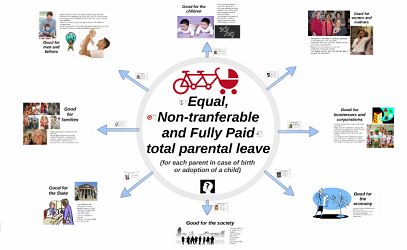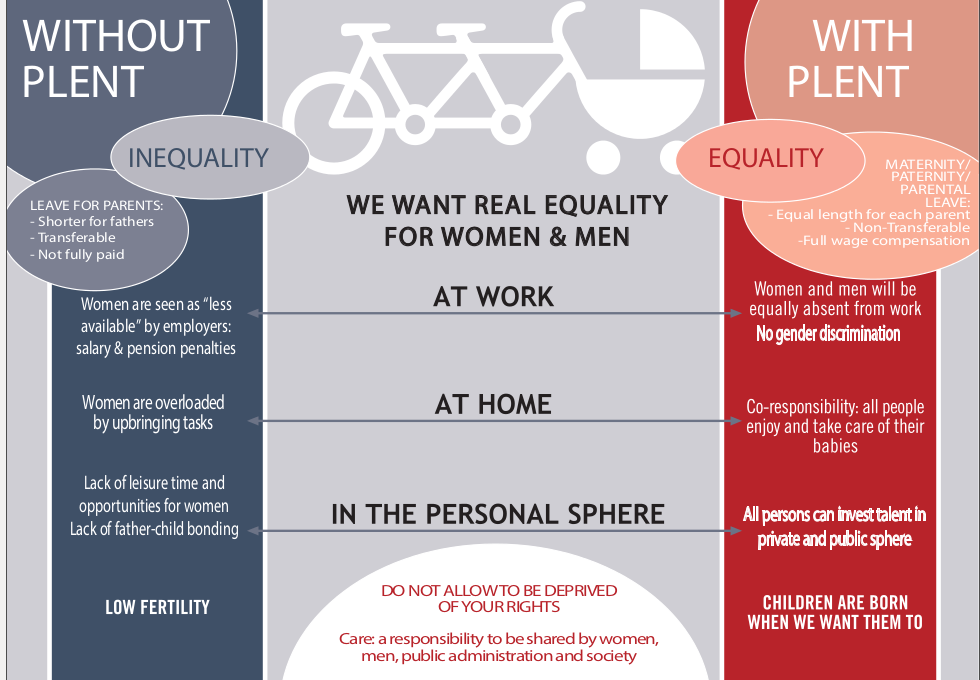This post is the first of a series that we want to produce regularly in order to present useful information, opinions, and data about Equal, Non-transferable and Fully Paid Parental Leave. This first post intends to present a video with an interview to Janet Gornick, Professor of Political Science and Sociology at the Graduate Center of the City University of New York, which was presented at the Third European Conference on Equal and Non-Transferable Parental Leave organized in June 2012 by PIINA, the Spanish PLENT partner (Third European Debate).
Janet Gornick regularly undertakes comparative research on parental leave systems and on its consequences for gender equality and for the balance of employment and family life. After all the studies undertaken, she proposes to redesign parental leave systems with the objective to eliminate and to prevent the enlargement of transferable leaves and to implement the same individual right to a well paid and non-transferable parental leave for all people, for fathers and mothers alike. In the video Janet Gornick explains that transferable leaves are mostly taken up by mothers and why this is so. Then she comments on the Icelandic and Norwegian reforms, which increased the time of their non-transferable parental leaves and therewith increased rapidly and substantially the take-up rates of fathers. Finally, she justifies her proposal to introduce a sixth months’ long non-transferable, well paid and individual leave. See part I and II of the video at the Youtube site of PPIINA (Part I and Part II).
To know more on Gornick’s latest comparative studies on parental leave systems and designs see Janet Gornick’s publications and in particular her co-authored article on Assessing generosity and gender equality in parental leave policy designs in 21 countries 2010, and her co-authored chapter of the book Gender Equality: Transforming Family Divisions of Labor 2009, which is an updated version of her most influential and classic article Welfare Regimes in Relation to Paid Work and Care 2003.






